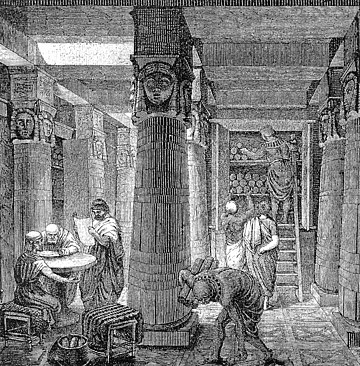10 good reasons to digitize every #book in our #libraries:
1/ 2021 - Cape Town Library: Today's tragic fire at the @UCTLibrary has destroyed its Special Collections in African Studies, including some of the oldest & rarest materials about Africa.
1/ 2021 - Cape Town Library: Today's tragic fire at the @UCTLibrary has destroyed its Special Collections in African Studies, including some of the oldest & rarest materials about Africa.
2/ 2018 - Nat'l Museum of Brazil in #Rio: fire destroyed much of this 200-year-old institution's collections, including its scientific library.
theguardian.com/world/2018/sep…

theguardian.com/world/2018/sep…


3/ 1992 - National Library of Bosnia & Herzegovina was completely destroyed by bombing during the Siege of Sarajevo
en.wikipedia.org/wiki/National_…
en.wikipedia.org/wiki/National_…

5/ 1976-79 - National Library of Cambodia. The Khmer Rouge destroyed most of the books & records. Less than 20% of Cambodia's National library survived.
en.wikipedia.org/wiki/National_…
en.wikipedia.org/wiki/National_…

6/ 1865 - University of Alabama Library -- destroyed by Union troops during America's Civil War.
en.wikipedia.org/wiki/Universit…
en.wikipedia.org/wiki/Universit…

7 & 8/ 1851 & 1814 - US Library of Congress. The @librarycongress was first destroyed by British troops during the War of 1812 during the sack of Washington DC. Then fire ravaged it again in 1851, burning 2/3 of the Thomas Jefferson collection--an est.35,000 books in total 

9/ 262 AD - Library of Celsus, in Ephesus, Anatolia, now part of Turkey. Destroyed by an earthquake, the Library of Celsus was the third-largest library in the Roman world, believed to have held around twelve thousand scrolls.
en.wikipedia.org/wiki/Library_o…
en.wikipedia.org/wiki/Library_o…

10/ 48 BC - Library of Alexandria, perhaps the largest library of the ancient world was accidentally burned by Julius Caesar during a civil war in 48 BC. But historians say it had suffered centuries of decline before that, beginning in 145 BC.
en.wikipedia.org/wiki/Library_o…
en.wikipedia.org/wiki/Library_o…

11/ 🔥Whether by fire, flood, quake, war, or neglect, the knowledge housed in our #libraries is at risk.
That's why @InternetArchive is working w/ global partners to preserve the "missing digital books" unavailable anywhere online.
#BeforeItsTooLate
blog.archive.org/2021/02/03/int…
That's why @InternetArchive is working w/ global partners to preserve the "missing digital books" unavailable anywhere online.
#BeforeItsTooLate
blog.archive.org/2021/02/03/int…
• • •
Missing some Tweet in this thread? You can try to
force a refresh








